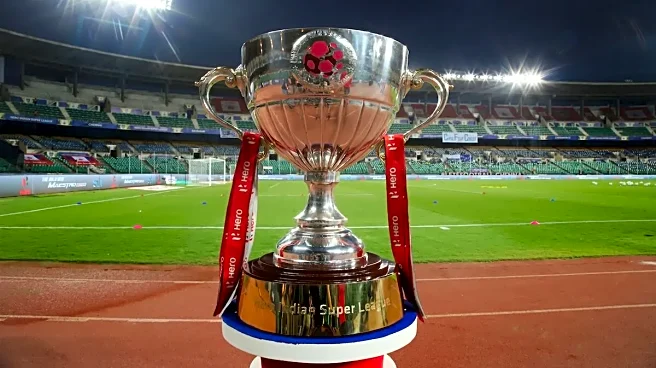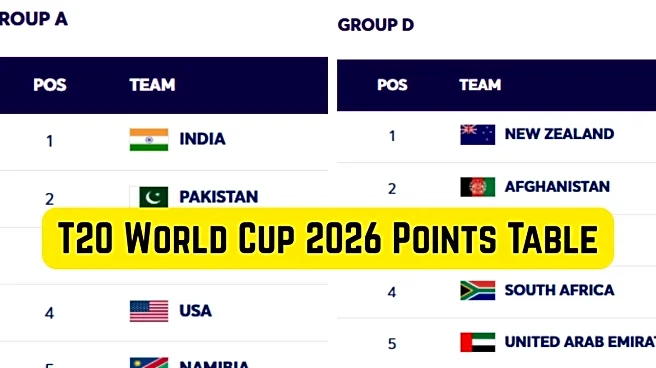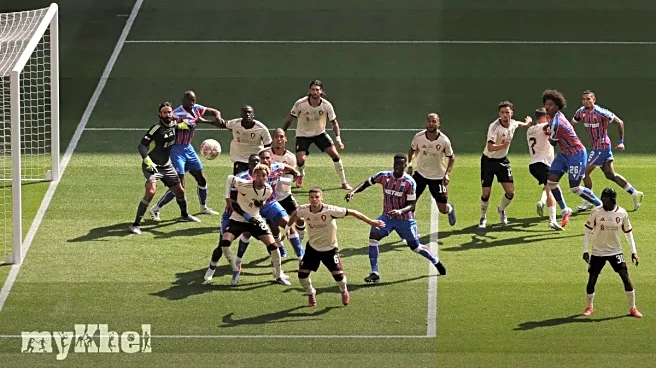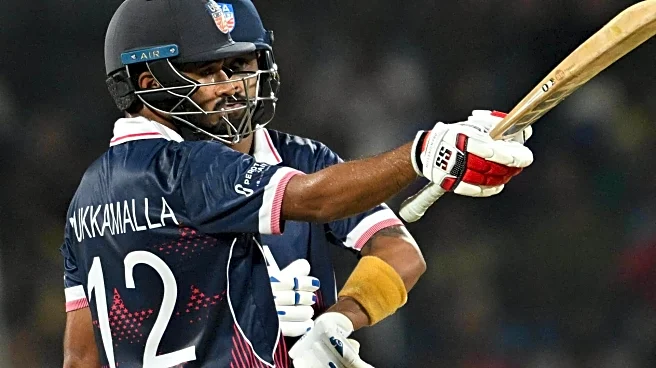It felt rather odd, watching the men’s 4x400m final in the World Athletics Championships in Tokyo on Sunday. Despite the mind repeatedly telling the heart not to start running replays from the 2023 Budapest final, where India finished fifth with a second sub-3-minute race in two days, it was clear that the heart has a mind of its own and ended up doing just that.
The presence of the United States of America in the final triggered that even more. For had not the Indians run the Americans close in the heats in Budapest? Had the United States not gotten into the final after a two-team face-off with Kenya on Sunday morning, the trip down memory lane may not have been triggered at all.
Just as the eight quartets lined up for the introductions, the heavens
opened up and poured buckets of rain – as if lamenting the absence of the Indian presence at the start line. It is a good guess that there were only a couple of Indians who were left to be wistful and to try and find solace in dragging the mind to the present to watch Botswana pull the rug from under the Americans’ feet.
Each of the Americans ran in under 45 seconds compared to three from Botswana, but Busang Collen Kebinatshipi’s blistering 44.14 anchor leg helped the Africans overturn a 0.19-second gap into a victory over the United States by 0.07 seconds. It would not be out of place to mention that Botswana fielded a whole new squad to the one that was disqualified in the 2023 final.
To be sure, it is not as if Indian teams have consistently made it to the finals of global competitions. In fact, of the 13 starts, including 9 by women between 1987 and 2019 and 4 by men between 2017 and 2023, only one Indian team has qualified for the medal round. Yet, viewed against the backdrop of the unforgettable races in Budapest, the lament of the heart is not misplaced.
So, where has India gone wrong? What happened for India to go from being fifth in the World Championships to not making it to the Paris 2024 Olympic Games final to not qualifying at all for the Tokyo World Championships? It is hard to put a finger on any one reason because a range of factors – work ethic, injuries, doping – have impacted the quarter-mile programme in India.
Things started going downhill when the Indian men did not qualify for the Paris 2024 Olympic Games final. The athletes started speaking about not being able to take the workload prescribed by coach Jason Dawson. Unable to meet his demand for extra hard work, most of the team did not sign up for the camp in Thiruvananthapuram and preferred to train on their own.
There have also been issues within the coaching team itself, with the Jamaican Dawson going on record as saying that he prefers to coach on his own rather than have an assistant coach. “I choose not to have an assistant coach because I want people who are working with me and not against me,” he told reporters at the National Inter-State Athletics Championships in Chennai last month.
All this indicates that things were allowed to get so out of hand that athletes complained in public about the workload that Jason Dawson was prescribing, and eventually, even the coach himself complained about assistant coaches working at cross purposes with him. While differences of opinion could be expected, things should never have come to such a pass.
Another aspect that cannot be ignored is the fact that few athletes graduate from juniors and do well in the senior ranks. The demand for a change in mindset from dominating age-group events to being competitors and challengers in the senior events is enormous, and only some have been able to cope with that.
Having a good assembly line of one-lappers becomes imperative for the relay teams to remain competitive at the global level. It calls for athletes and coaches around the country to be committed to the larger vision rather than seeking individual glory. And an awareness that doing well at global events calls for things to be done beyond the comfort zone.
Of course, the relay team programme has been reset with a number of young sprinters in the National Centre of Excellence, Thiruvananthapuram. But that has led to a situation where India was left without a relay squad – men and/or women – for the first time in seven editions of the World Championships since 2013.
The fact that the combination of Lee Bhekempilo Eppie, Letslie Tebogo, Bayapo Ndori, and world champion Busang Kebinatshipi could upstage the United States should give the Indian athletics community, including fans and critics, the belief that India can rebuild and return to the global stage again.
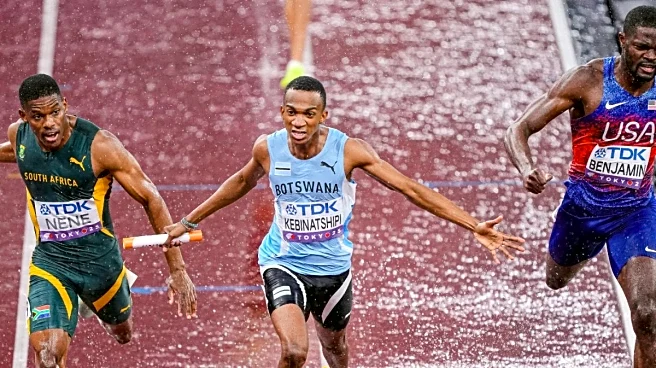

/images/ppid_59c68470-image-177099511909742240.webp)
/images/ppid_59c68470-image-177099503123072195.webp)

/images/ppid_a911dc6a-image-177099657911579822.webp)

/images/ppid_a911dc6a-image-177099653553117833.webp)





